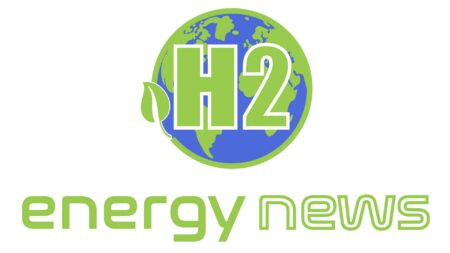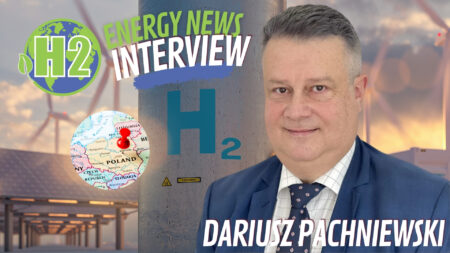Italy, Germany, and Austria have expressed their full political support for the construction of the Southern Hydrogen Corridor, a 3,300 km gas pipeline connecting North Africa to Europe.
Browsing: Pipelines
“The holy grail” of the energy future – hydrogen may soon have a very serious problem, which, if not solved quickly, will bring the whole “hydrogen revolution” to a halt for us. This is caused by the already absolute certainty that hydrogen in the Earth’s atmosphere reacts with tropospheric hydroxyl (OH) radicals. Therefore, its uncontrolled emission into the atmosphere disturbs the distribution and holds dangerously the decomposition of methane, ozone or water vapour, which can lead us, in the short term, to a possible climate cataclysm.
Germany has long been known for its ambitious plans to transition away from fossil fuels, and green hydrogen has been a critical element in this strategy. However, the country can only meet 30% of its own needs for this clean fuel, according to German Economy Minister Robert Habeck. This shortfall has led the country to search for trade partners to deliver the remaining 70% of its green hydrogen needs.
The ministers of Austria, Germany, and Italy have jointly written to the European Commission, urging support for a group of infrastructure projects to transport green hydrogen from North Africa, in a bid to create a European market for low-carbon fuel.
The State of Ceará in Brazil and the Netherlands are set to sign a document for the creation of the Green Hydrogen Corridor and the Green Ports Partnership. The initiative aims to boost the implementation of the green hydrogen hub in the Pecém Complex and strengthen the State’s position as a leader in the internationalization of green hydrogen in Brazil.
Germany’s efforts to reduce its dependence on natural gas have led to plans to transport green hydrogen from Turkey via pipelines to the country.
China’s state-owned PetroChina recently announced a “technological breakthrough” in the transportation of hydrogen through gas pipelines over long distances.
Companies in northwest Germany are planning to link up their hydrogen projects to transport hydrogen to industrial consumption centres in North Rhine-Westphalia and Lower Saxony.
Dariusz Pachniewski is a recognized authority in hydrogen technologies and has been working in the energy sector for over 30 years. He has been involved in various projects related to the development of hydrogen technology in Poland, including the first project that closed the hydrogen value chain by connecting two electrolyzers to a biomass unit and two mobile hydrogen dispensing stations.
Mytilineos SA, a global industrial and energy company, has acquired a 15% stake in CLARA Energy’s Rosedale Green Hydrogen project in Australia.




